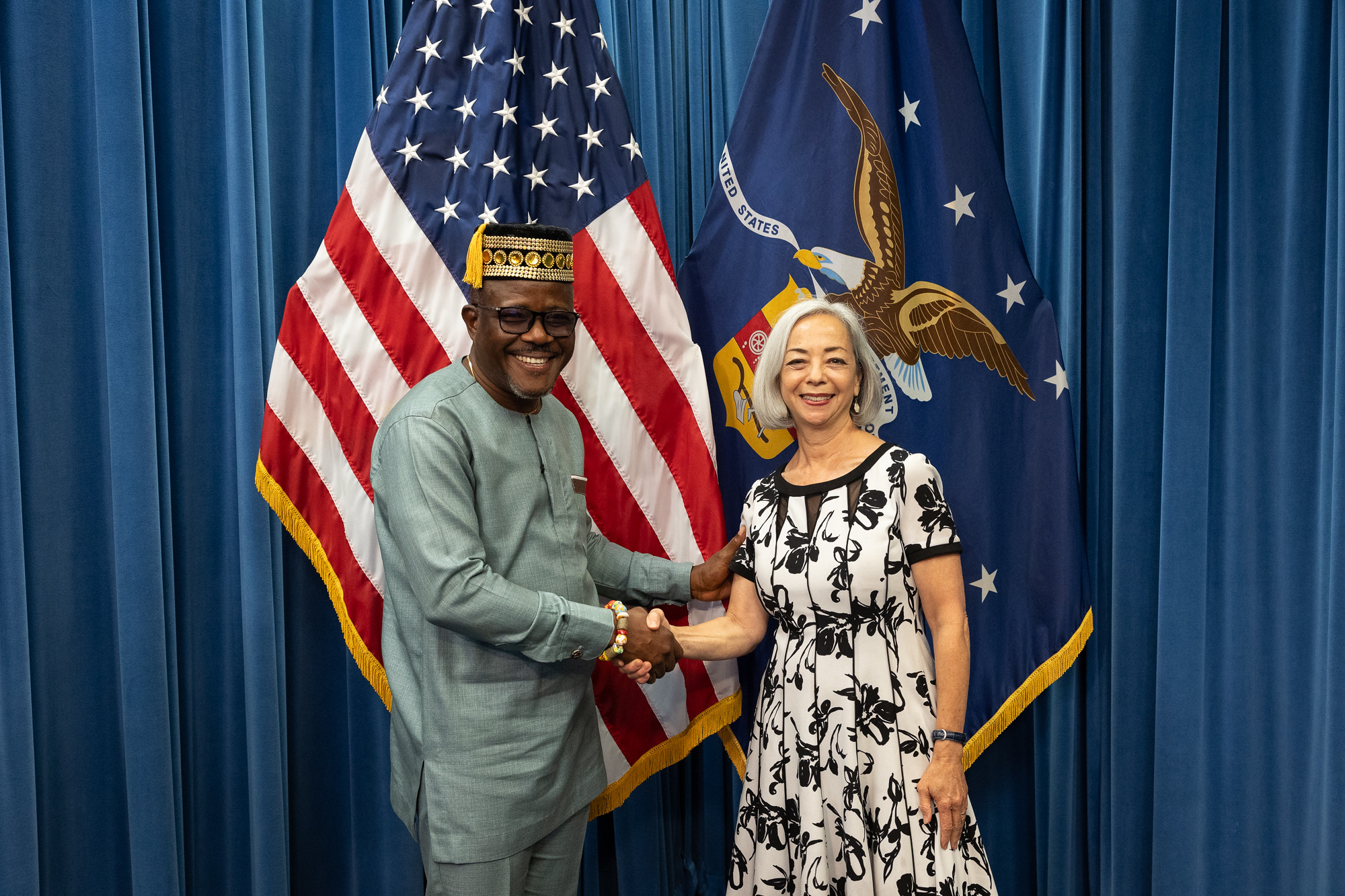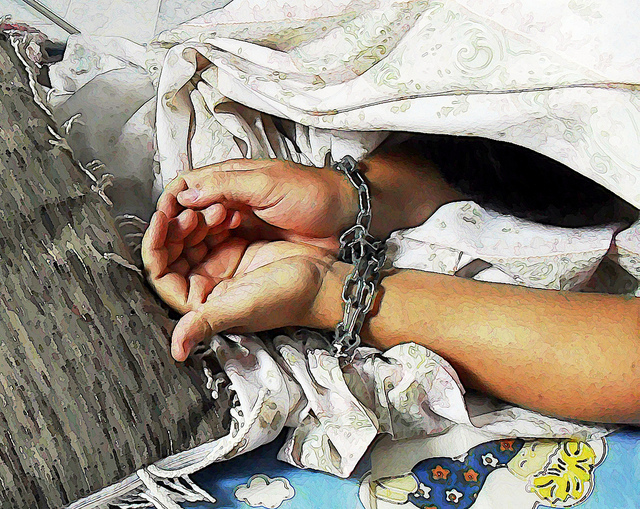General Agricultural Workers’ Union of Ghana (GAWU) Deputy General Secretary Andrews Addoquaye Tagoe was recognized last month by the U.S. Department of Labor (USDOL) for his role in advancing child and worker rights and for reducing child labor in Ghana's...
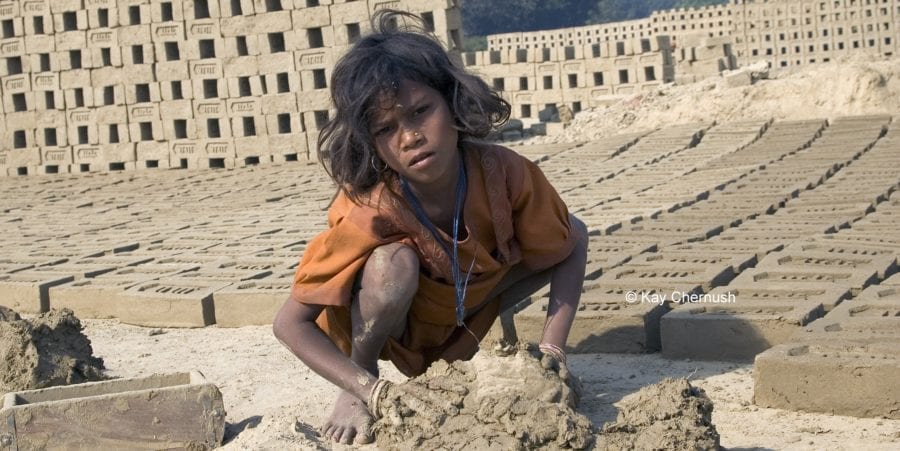
Credit: Kay Chernush
Millions of children are not in school today because they are forced to work. Children as young as 5 years old are part of the global workforce. In factories and in fields, children work up to 15 hours a day, seven days a week.
The Solidarity Center partners with unions around the world that are championing and negotiating economic benefits in the workplace which often enable adult workers to support their families without sending their children to work. Through collective bargaining with employers, unions also can bargain for worker access to schools or daycare facilities.
The Solidarity Center also joins with advocacy partners like the Child Labor Coalition and Global March Against Child Labor to champion legal and regulatory means to end child labor and with human rights organizations to address the structural conditions that lead to child labor. For instance, together with coalition partners in the Cotton Campaign, the Solidarity Center worked for an end to child labor in Uzbekistan’s cotton fields where government-run cotton harvests have forced citizens of all ages to toil each fall.
Report: Trafficking Persists in Agriculture
The trafficking of agriculture workers, including children, is widespread globally, and “practices of exceptionalism” limit workers’ rights to freedom of association, organizing and collective bargaining, according to a new report on trafficking in persons in...
A Union Solution to Child Labor in Ghana Cocoa: New Video
A recent study by NORC at the University of Chicago found that child labor in Ghana and Ivory Coast cocoa production increased 14 percent in less than a decade, demonstrating the urgent need for more effective and inclusive interventions, says the General Agricultural...
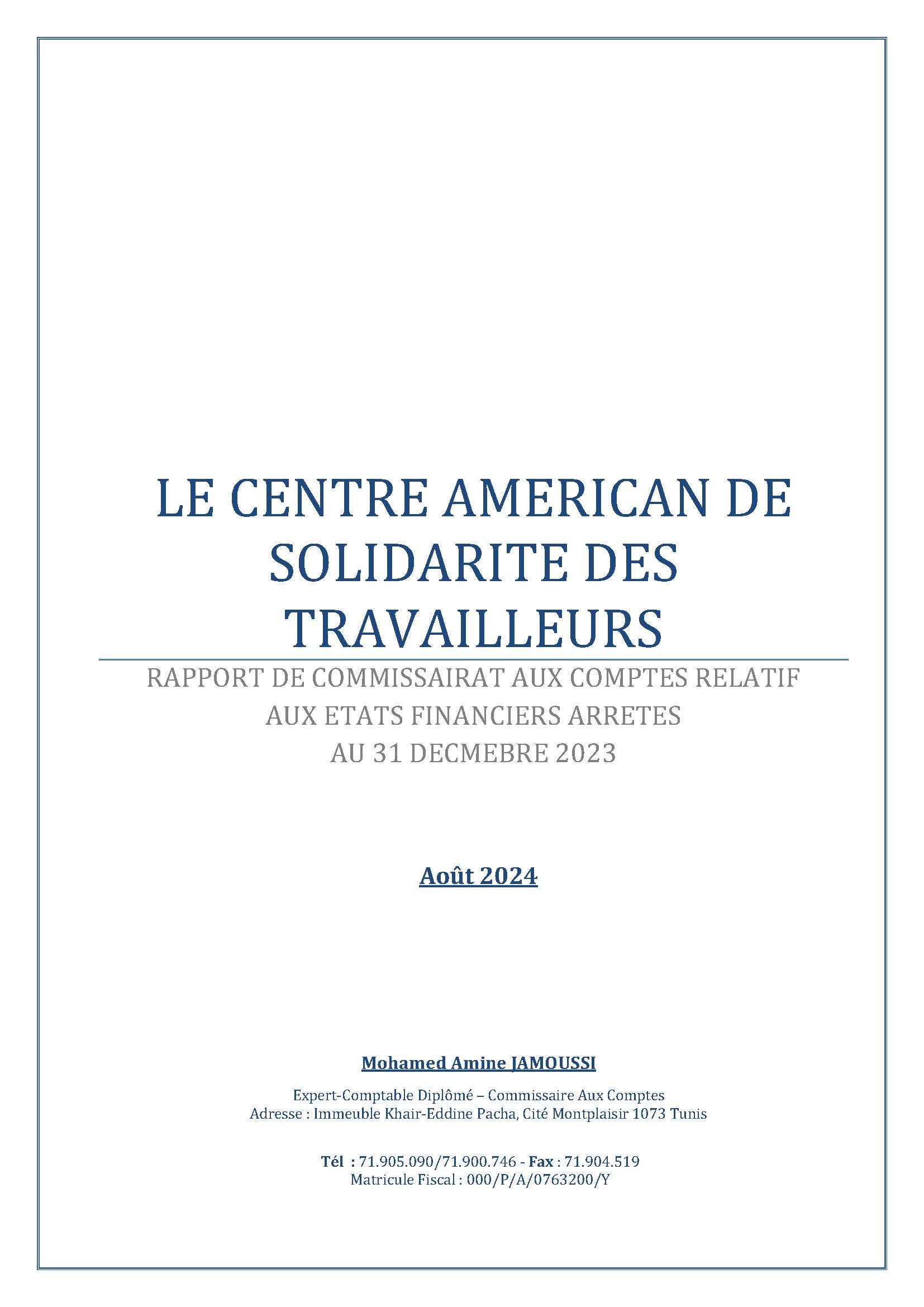
Rapport du Commissaire aux Compotes sur les Etats Financiers de L’Exercice Clos le 31 Decembre 2023
Read the full report here.

LOW PAY, NO SUPPORT: Sri Lanka Delivery Drivers Fight for Worker Rights
CLICK HERE TO READ THE FULL REPORT.

Heat Stress in the Cambodian Workplace
In Cambodia, workers health and safety and climate change are linked. This report details the results of surveys, interviews, and thermal monitoring conducted in the garment, delivery, and informal food sector that display the negative effect that heat has on workers,...
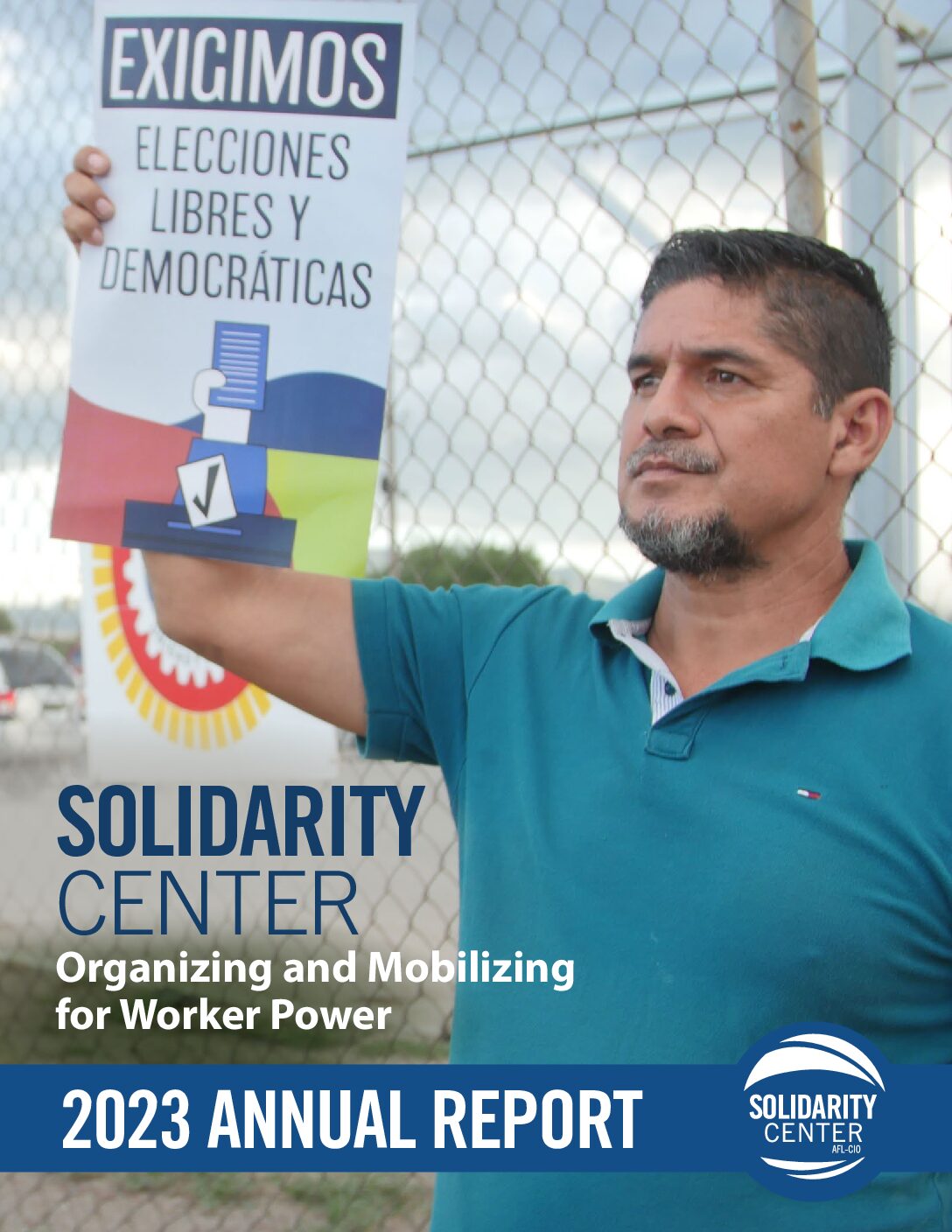
2023 Annual Report
In 2023, the Solidarity Center supported workers as they took on exploitative multinational companies and robot algorithms, demanded their governments tackle social ills and deliver on promises, and fought for justice in environments increasingly dangerous to those...
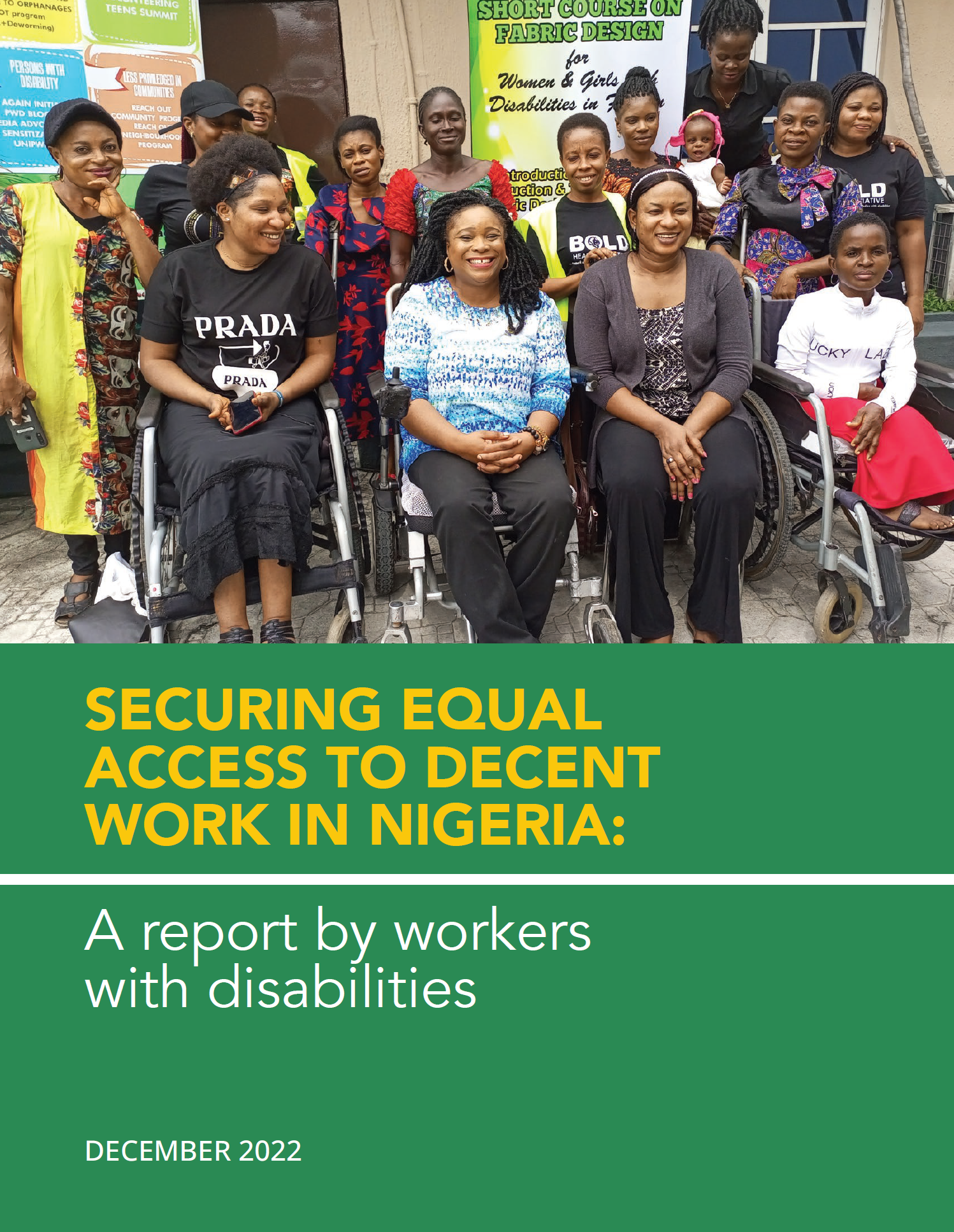
Securing Equal Access to Decent Work in Nigeria: A Report by Workers with Disabilities
A survey of more than 600 workers with disabilities in Nigeria conducted by the Trade Union Congress of Nigeria (TUC) Women Commission and the Solidarity Center in collaboration with Nigerian unions and disability rights organizations, finds that most workers...

2022 Annual Report
In 2022, the Solidarity Center marked a quarter century of supporting embattled workers, advocating and litigating for change, and celebrating worker rights advances in troubled times. As crackdowns on fundamental civil rights intensify around the world, workers and...

